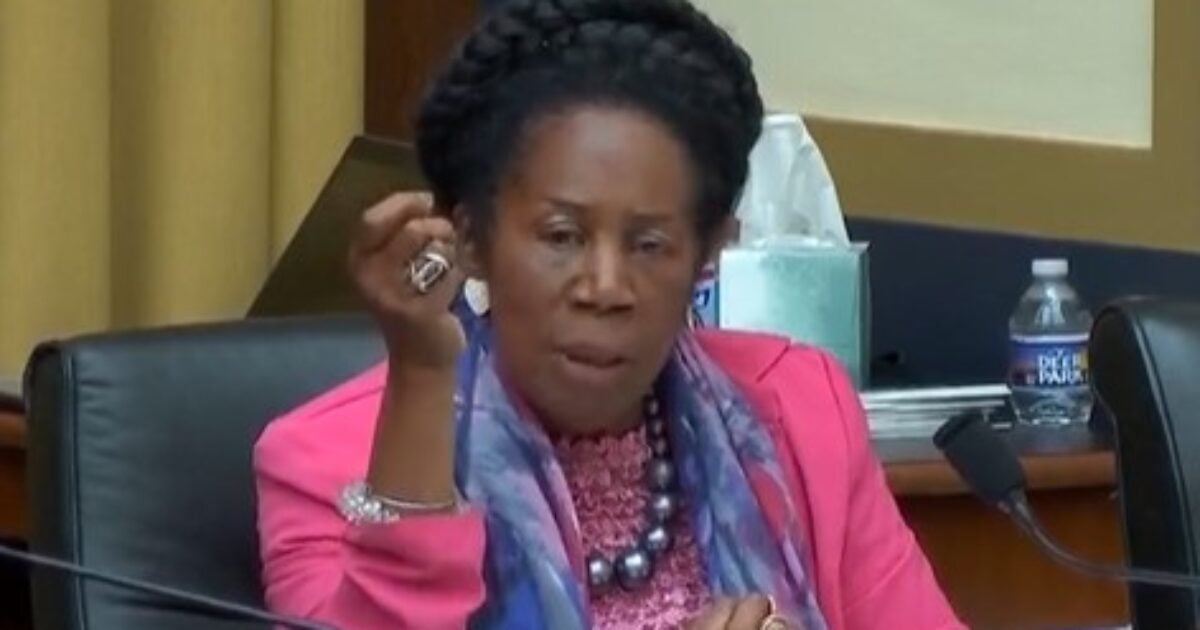The Tri-Border Area, where Argentina, Brazil, and Paraguay converge, has for decades been an epicenter of illicit activities that challenge regional security.
This zone, linking the cities of Puerto Iguazú (Argentina), Foz do Iguaçu (Brazil), and Ciudad del Este (Paraguay), is known as a strategic corridor for trade, but also for its vulnerability to transnational organized crime and potentially terrorism.
In an unprecedented joint effort, the governments of these three countries, with the support of the United States Federal Bureau of Investigation (FBI), have agreed to create an intelligence base in Puerto Iguazú to combat these threats.
This project, announced in July 2025, marks a milestone in regional cooperation and reflects growing concern for security in one of the most complex areas of South America.
The announcement of the anti-terrorism base was formalized during the Mercosur summit held in Buenos Aires in July 2025. According to Paraguay’s Minister of the Interior, Enrique Riera, the initiative emerged from discussions with his Argentine counterpart, Patricia Bullrich, and Brazil’s Minister of Justice and Public Security, Enrique Lewandowski.
The base, which will operate in Puerto Iguazú, will receive technical and logistical support from the FBI—a clear signal of the United States’ interest in the region. Riera emphasized that the office will handle «a lot of intelligence» and will be interconnected with headquarters in Foz do Iguaçu and Ciudad del Este, under rotating coordination among the three countries.
The Tri-Border Area is a unique geopolitical enclave. Its strategic location, with a dense trade network and infrastructure that includes the Friendship Bridge and the Tancredo Neves Bridge, facilitates the movement of people and goods, but also makes it a magnet for illicit activities.
The anti-terrorism base is not starting from scratch. In May 2025, the three countries updated the Tripartite Command, a police cooperation agreement created in 1996.
This mechanism aims to share information, coordinate operations, and strengthen security against transnational crimes such as drug trafficking, arms trafficking, human trafficking, and money laundering. Minister Bullrich has pointed to a rise in organized crime on the border between Misiones (Argentina) and Brazil, citing seven contract killings in 2023 as evidence of escalating violence. The revitalized Tripartite Command will be key to the operability of the new base.
The FBI’s support for this initiative is no coincidence. The United States has maintained a constant interest in the Tri-Border Area since the September 11, 2001 attacks, when the region was identified as a possible refuge for terrorist activities.
In 2019, Argentina, Brazil, Paraguay, and the United States created an anti-terrorism coordination group following the visit of then-Secretary of State Mike Pompeo to Buenos Aires.
This group aimed to monitor the presence of Hezbollah, accused of raising funds in the region to finance illicit activities. In 2024, the U.S. Department of State offered a reward of up to $10 million for information on this organization’s financial operations in the area.
The FBI will contribute specialized training and advanced technology. In Paraguay, for example, an elite unit called “Vanguardia” has already been formed, composed of 15 Paraguayan and 15 Argentine agents trained in Buenos Aires on topics such as terrorism, intelligence, and explosives handling. Additionally, Riera has expressed his ambition to establish a permanent FBI office in Paraguay, taking advantage of its strategic location in the heart of South America.
The creation of an anti-terrorism base in the Tri-Border Area is a bold move that reflects the urgency of addressing organized crime and terrorism in one of South America’s most vulnerable regions.
However, it cannot be ignored that solutions based solely on intelligence and police cooperation, while necessary, do not address the structural roots of the problem.
Poverty, inequality, and the lack of economic opportunities in the region are the breeding ground for illicit activities. As long as these conditions persist, organized crime will continue to find ways to adapt, as it has historically done.
About The Author















